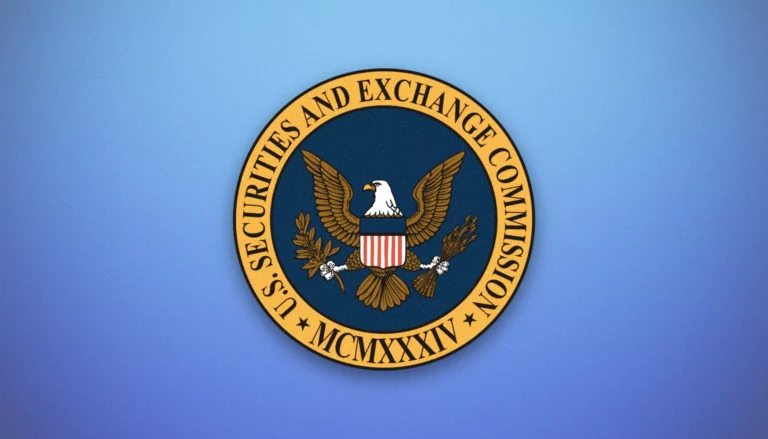Yesterday, the SEC finally released its proposed rule to amend Rule 506 of Regulation D to eliminate the general solicitation prohibition for private placement offerings. As I’ve discussed in a previous post, the SEC’s continued delays in issuing this rule has resulted in considerable frustration among the entrepreneurial community and in Congress.
While the SEC has finally released its proposed rule, this does not mean that startups and other companies looking to conduct private placements can begin to use the newly revised Regulation D to conduct private placements via public advertising. The SEC only issued a proposed rule, which means that the change will not be effective until after the SEC has received comments and possibly revised the rule further. That said, after a quick read of the proposed rule, here are the highlights:
The JOBS Act provides that the use of general solicitation is only permitted in offerings in which all investors are accredited investors. Some commenters were concerned that the wording of this provision implied that in order for a private placement offering conducted with a general solicitation to have a valid exemption, all investors must actually be accredited. If this were true, then even an inadvertent error could result in a complete loss of the exemption. However, since the definition of an accredited investor includes anyone that the issuer reasonably believes would otherwise qualify as an accredited investor, this should not be an issue. Indeed, the SEC has taken this position as well. Thus, if any issuer reasonably believes that an investor would qualify as an accredited investor, then the fact that that investor later turns out not to be accredited investor would not cause a complete loss of the exemption.
Another concern that some observers had was that the new rule would not extend to private funds. The reason for this is that private funds must be exempt not only from Securities Act registration, but also from registration under the Investment Company Act of 1940. The two main exemptions that private funds rely upon to be exempt from this law both require that the fund not make any public offering of securities. Fortunately, the SEC has taken the position that if a fund issues its interests pursuant to the revised Rule 506, then the fund would not be deemed to be engaging in a public offering and the fund would still be exempt from registration under the Investment Company Act.
One issue that was frequently brought up in the lead up to the proposing of this rule was whether issuers could continue to rely on Rule 506 as it currently stands. The new Rule 506 requires issuers to take “reasonable steps to verify” that their investors are indeed accredited investors, whereas the current Rule 506 contains not such requirement.[1] Current practice is simply to obtain a representation from the investor certifying that he or she qualifies as an accredited investor. So, can an issuer continue to rely on such a representation and simply not engage in any general solicitation? The answer is yes; the SEC has preserved the existing Rule 506, which will be called Rule 506(b) and the new rule allowing general solicitation will be called Rule 506(c).
While the preceding three points will come as a relief to many within the entrepreneurial and private fund management communities, the fact is that the SEC provided little specific guidance as to what constitutes “reasonable steps” to verify an investor is accredited. When the JOBS Act was passed, many speculated as to what this would mean precisely and hopes that the SEC could provide some degree of clarity. Unfortunately, from the rule proposed yesterday, it appears that the SEC will not be providing any clarity. The proposed rule simply parrots the wording of the JOBS Act, without elaborating at all. However the commentary to the rule does provide some degree of guidance, albeit not particularly specific guidance. The commentary merely states that the “particular facts and circumstances of each purchaser” governs what would constitute reasonable steps. The examples provided are far beyond the scope of this post, but it is sufficient to say that issuers will have no bright-line rule to protect them. One of the primary benefits of using Rule 506 is that is a safe harbor, which allows issuers to know with reasonable certainty that their offering is exempt from registration under the Securities Act. I’m not entirely sure that the new Rule 506(c) will give issuers that level of comfort. When qualification for the exemption is reliant upon individual facts and circumstances, it takes away a lot of the certainty that issuers desire when issuing securities. That said, from reading the commentary, it does not appear that the SEC has established a particularly high standard for what constitutes “reasonable steps.” It doesn’t mandate taking any particular action (such as obtaining tax returns or other financial statements) and issuers can rely on third-parties, such as accountants, lawyers, and broker-dealers, to provide verification.
These are simply my initial impressions based upon my first reading of the rule, and of course, the final rule may end up being somewhat or very different from the proposed rule. Some of these ambiguities I’ve just described may end up getting clarified in the final rule.
Footnotes
[1] Of course, if an investor does not fit within one of the objective categories of persons who are accredited, the issuer must at least have a “reasonable belief” that they do otherwise qualify.
———————————
© 2012 Alexander J. Davie — This article is for general information only. The information presented should not be construed to be formal legal advice nor the formation of a lawyer/client relationship.




